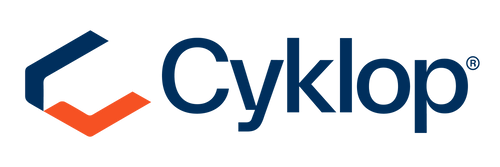Square Bottle Label Applicators: An Overview | InkJet Product Spotlight | InkJet, Inc.
Plastic and glass bottles are two of the most common types of packaging on the market today. Most frequently associated with beverage packaging, glass and plastic bottles are also commonly used to house everything from food to pharmaceuticals to cosmetic goods and everything in between.
Due to this widespread use, bottle production is a multi-billion dollar industry with companies like the Loews Corporation and Amcor generating billions of dollars from bottle sales every year. Of course, one can’t simply bottle a product and sell it in stores—the bottle needs to be properly labeled with brand information and marked with traceable codes.
To fulfill this, bottling companies need to use labeling hardware that is fast, reliable, and compatible with the bottle’s substrate and shape. This is especially important when working with square-shaped bottles due to their unconventional shapes.
If you’re searching for automatic square bottle labeling machines for your operation, here are the technologies that are up to the task.
The Basics on Automatic Square Bottle Labeling Machines
Although nearly all bottled products need to be properly labeled for retail sale, that doesn’t mean bottle labeling is an easy task. Bottle labeling often occurs on industrial production lines where operators need to deal with issues like fast speeds, condensation, and possibly extreme temperature issues. If these elements aren’t properly accounted for, it can lead to mislabeled merchandise, hardware problems, and extended periods of profit-draining downtime.
Fortunately, the industrial printing market is filled with high-speed machines that can resist workplace environmental problems for consistent marking success. Technologies like vertical and front/back flow wrap machines, for instance, enable companies to apply physical labels to square bottles moving at hundreds of meters per minute. These labels can include most information required by modern coding standards, including:
- The product’s name
- Manufacturer title/location
- Product size
- Ingredient list
- Directions for use
However, physical labels can’t come stock with the variable data required to comply with the traceability requirements set by supply chain partners and, in certain cases, government bodies. These variable data codes commonly include expiration dates, lot codes, and serial numbers. To apply these codes onto labels, bottling companies most frequently utilize:
- Continuous inkjet printers (CIJ), such as the DuraCode Touchscreen and Duracode Keyboard
- Thermal inkjet printers (TIJ), such as the Anser U2 Pro-S and cutting-edge Anser X1
Below, we take a look at the contexts where both of these bottle marking machines will work best.
Continuous Inkjet Printer
CIJ printers are non-contact marking machines that are capable of coding bottles moving at hundreds of meters per minute. They are commonly utilized throughout the bottling industry due to their high-speed capabilities, sturdy construction, and compatibility with diverse materials and substrate shapes.
In addition to their mechanical benefits, CIJ printers are also prized for their compatibility with a wide selection of ink formulas. At InkJet, Inc., for example, our CIJ ink portfolio contains a number of formulas that are built specifically for beverage coding, including:
- Fast-drying formulas
- High-contrast formulas
- Food-safe formulas
- Condensation resistant formulas
With a great CIJ printer and ink combo, bottling companies can maximize uptime and guarantee quality labeling results.
Thermal Inkjet Printer
TIJ printers are another ink-based, non-contact marking technology that are significantly smaller than CIJ printers but are still capable of creating long-lasting codes on square-shaped bottles. Compact and weighing around five pounds, TIJ printers are easy to integrate into existing line setups to deliver high-DPI codes and markings.
Generally speaking, most TIJ printers are not capable of matching the speeds of CIJ printers, making them better-suited for intermittent coding applications. However, newer TIJ models like Anser X1 are changing this perspective as their print speeds reach levels close to 300 m/min—the common printing speed of CIJ models.
Complete Your Automatic Square Bottle Labeling Machine Search Today With the Help of InkJet, Inc.
Are you searching for the perfect printing solution for your bottling line? At InkJet, Inc., we carry a number of marking technologies, ranging from high-powered CIJ systems to mobile TIJ printers. We understand the nuances of different line setups, and can help you find the perfect printing solution to complement your inline labeler.
If you need help discovering which solution is right for you, call InkJet, Inc. to find answers to all your questions.
To learn more about automatic square bottle labeling machines, or to inquire about a specific printer model, contact us online today or call 1(800) 280-3245.



